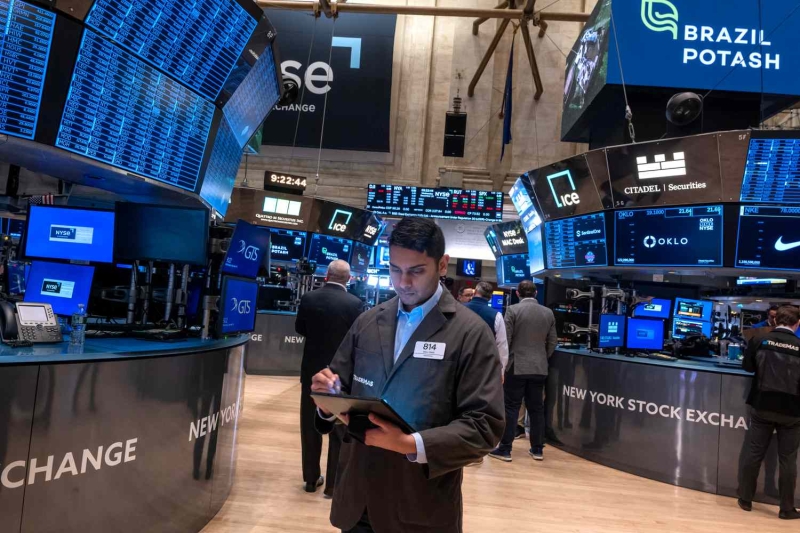
On December 4, 2024, four of the five members of the Five Eyes intelligence-sharing group (the United States, Australia, Canada, and New Zealand) law enforcement and cyber security agencies (Agencies) published a joint guide for network engineers, defenders of communications infrastructure and organizations with on-premises enterprise equipment (the Guide). The Agencies strongly encourage applying the Guide’s best practices to strengthen visibility and strengthen network devices against exploitation by reported hackers, including those hackers affiliated with the People’s Republic of China (PRC). The fifth group member, the United Kingdom, released a statement supportive of the joint guide but stated it had alternate methods of mitigating cyber risks for its telecom providers.
In November 2024, the Federal Bureau of Investigation (FBI) and the U.S. Cybersecurity and Infrastructure Security Agency (CISA) issued a joint statement to update the public on its investigation into the previously reported PRC-affiliated hacks on multiple telecommunications companies’ networks. The FBI and CISA reported that these hacks appeared to focus on cell phone activity of individuals involved in political or government activity and copies of law enforcement informational requests subject to court orders. However, at the time of the update, these U.S. agencies and members of Congress have underscored the broad and significant nature of this breach. At least one elected official stated that the hacks potentially expose unencrypted cell phone conversations with someone in America to the hackers.
In particular, the Guide recommends adopting actions that quickly identify anomalous behavior, vulnerabilities, and threats and respond to a cyber incident. It also guides telecoms and businesses to reduce existing vulnerabilities, improve secure configuration habits, and limit potential entry points. One of the Guide’s recommended best practices attracting media attention is ensuring that mobile phone messaging and call traffic is fully end-to-end encrypted to the maximum extent possible. Without fully end-to-end encrypted messaging and calls, the content of calls and messages always has the potential to be intercepted. Android to Android messaging and iPhone to iPhone messaging is fully end-to-end encrypted but messaging from an Android to an iPhone is not currently end-to-end encrypted. Google and Apple recommend using a fully encrypted messaging app to better protect the content of messages from hackers.
The FBI and CISA are continuing to investigate the hacks and will update the public as the investigation permits. In the interim, telecom providers and companies are encouraged to adopt the Guide’s best practices and to report any suspicious activity to their local FBI field office or the FBI’s Internet Crime Complaint Center. Cyber incidents may also be reported to CISA.
Copyright © 2024 Robinson & Cole LLP. All rights reserved. by: Kathleen M. Porter of Robinson & Cole LLP For more on Mobile Phones, visit the NLR Communications Media Internet section



